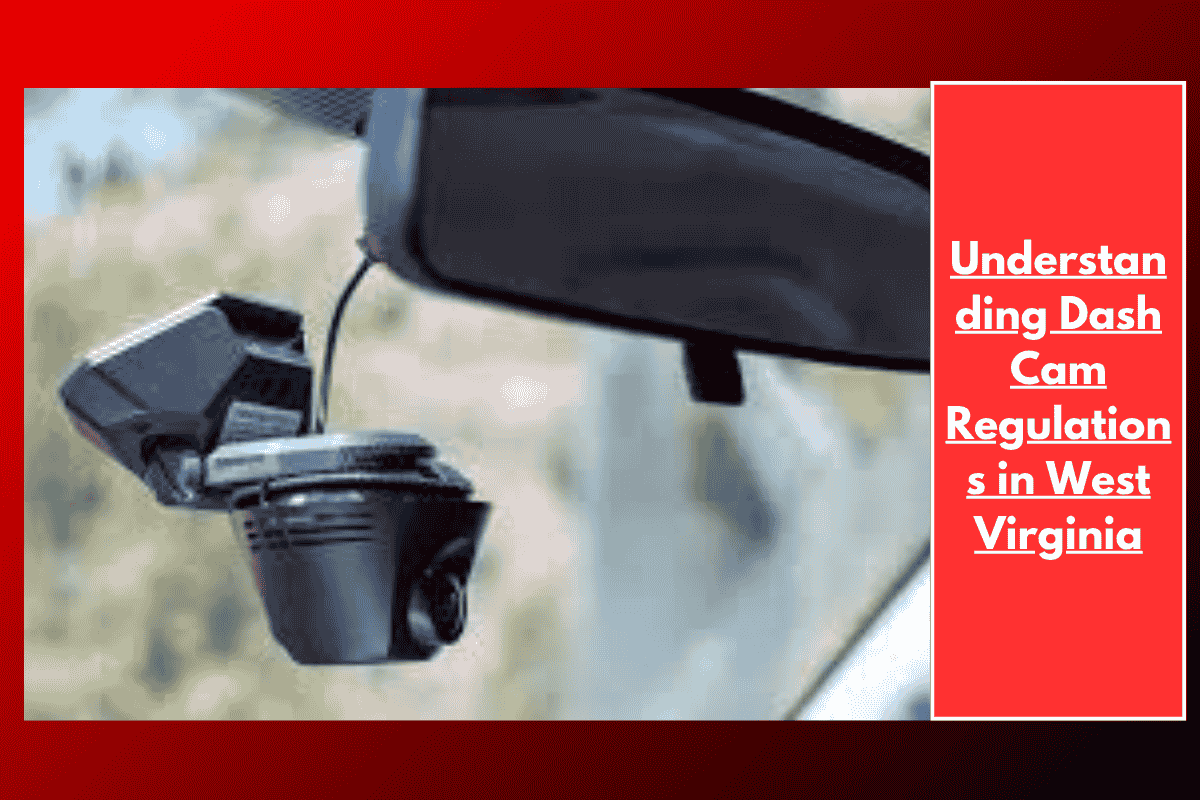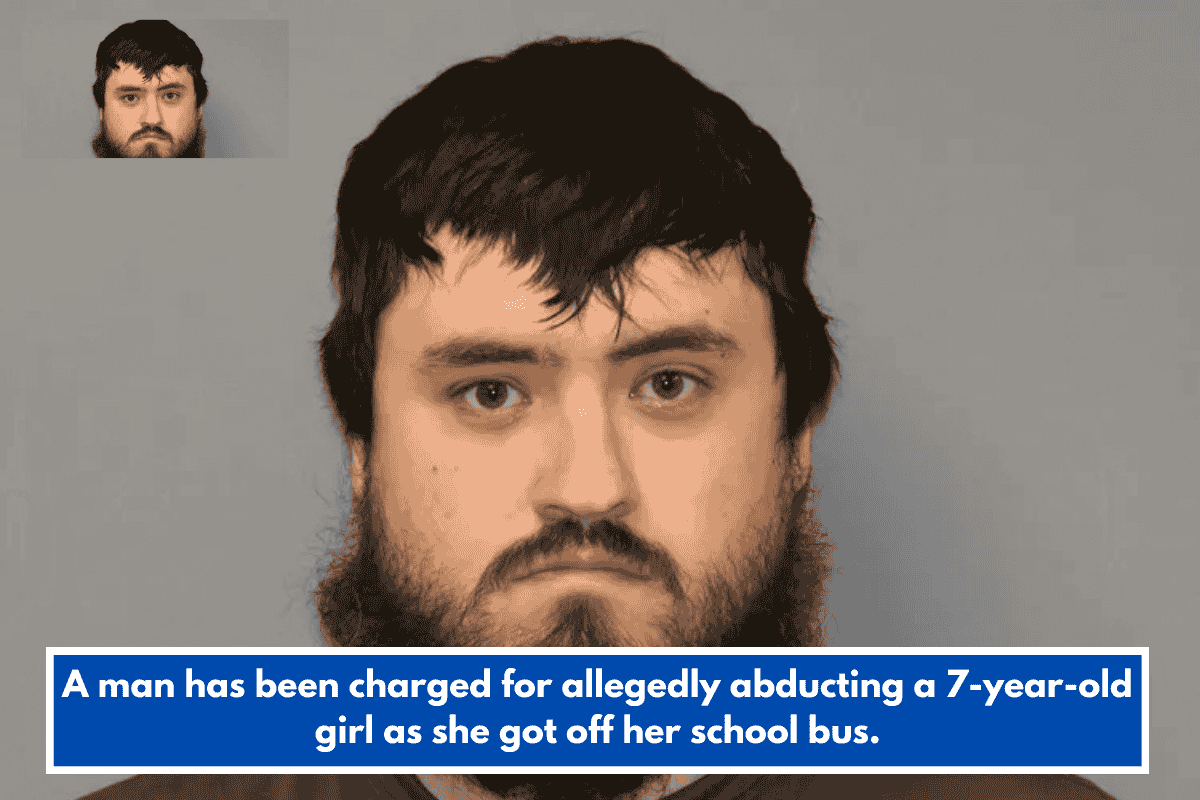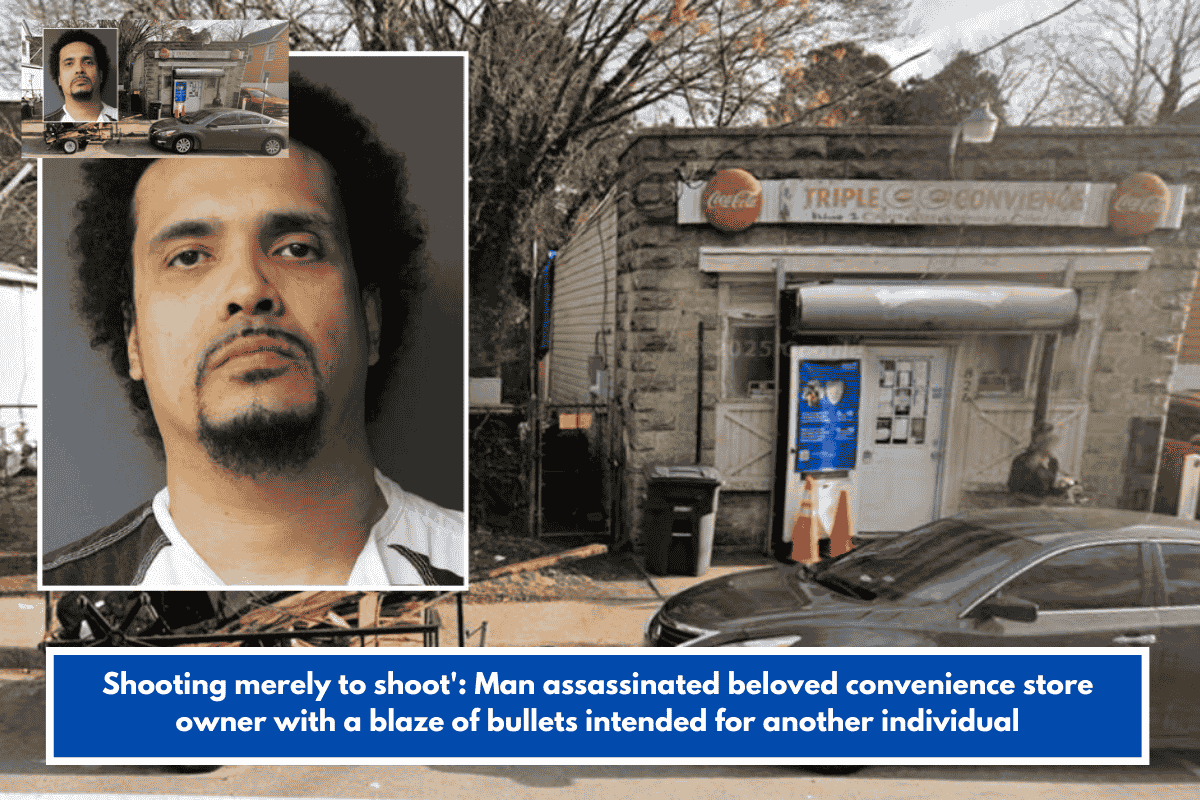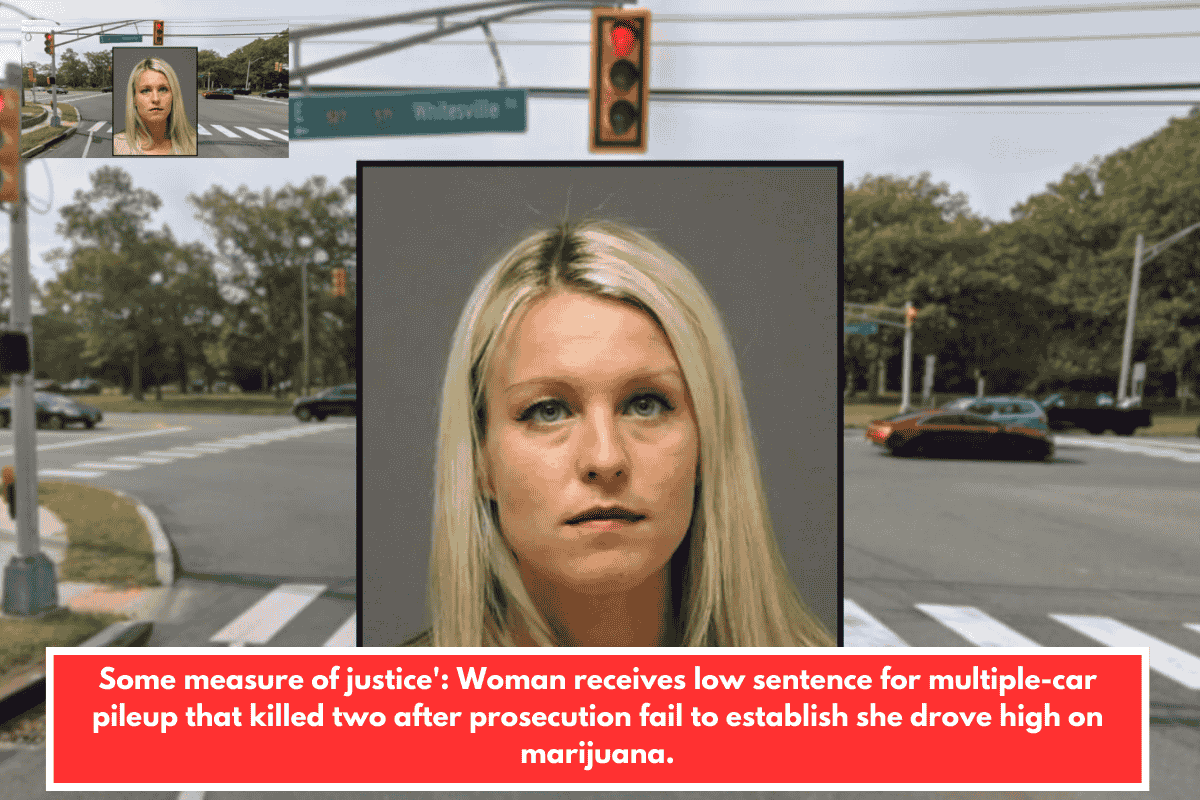Dash cams, or dashboard cameras, are becoming increasingly popular among drivers for their ability to record footage of the road and provide evidence in the case of accidents, traffic violations, or disputes. However, if you plan to use a dash cam in West Virginia, it’s important to understand the state’s laws and regulations regarding their use to ensure you’re in compliance and avoid any legal issues.
Are Dash Cams Legal in West Virginia?
Yes, dash cams are legal in West Virginia. There are no state laws that outright ban the use of dashboard cameras, so drivers are allowed to install and use them in their vehicles. In fact, many people use dash cams for personal safety, insurance purposes, and to capture their travels. However, there are a few important legal considerations to keep in mind.
Key Legal Considerations for Dash Cam Use in West Virginia
Obstruction of View:
One of the primary concerns with dash cams is that they should not obstruct the driver’s view of the road. Under West Virginia law, drivers are prohibited from obstructing their view in any way that could impair safe driving. If a dash cam is installed in a way that blocks the driver’s windshield or hinders their ability to see the road, it could be considered a violation. Dash cams should be mounted securely in a way that does not interfere with the driver’s vision or the operation of the vehicle. It’s best to mount the dash cam on the windshield behind the rearview mirror, as this is a location that typically does not obstruct the driver’s view. Many dash cams come with instructions on where to mount them for optimal recording while still maintaining a clear line of sight.
Recording Audio:
While dash cams are generally legal in West Virginia, recording audio in addition to video can raise concerns, particularly regarding privacy. West Virginia is a one-party consent state when it comes to audio recording, meaning that you can record a conversation as long as one party involved in the conversation (including yourself) consents to the recording. If your dash cam records audio, you must be mindful of this and avoid recording private conversations between other people without their knowledge or consent, especially in situations where people might expect privacy (e.g., in private spaces or during personal conversations). If your dash cam records audio, it’s a good idea to disable the microphone feature in situations where recording conversations without consent could be an issue.
Use of Footage:
Dash cam footage can be an invaluable tool in the event of a car accident, traffic violation, or legal dispute. In West Virginia, dash cam footage can be used as evidence in court or to support insurance claims. However, the footage must be authentic and unaltered. If footage is tampered with, edited, or manipulated in any way, it could be deemed inadmissible in court. If you plan to use dash cam footage as evidence, it’s essential to ensure that the footage is stored securely and that you do not alter or edit it.
Privacy Laws and Surveillance:
While dash cams are generally legal, you should be mindful of privacy laws when using your camera. In particular, capturing footage of private property, individuals in situations where they expect privacy, or capturing sensitive information in public spaces could lead to privacy concerns. While it’s legal to record on public roads, if your dash cam captures footage from areas like private homes or businesses, you should be cautious and ensure that you are not violating any privacy rights.
Recording Law Enforcement:
In West Virginia, recording law enforcement officers is generally legal as long as it does not interfere with their duties. If you’re recording law enforcement officers in public spaces, such as during a traffic stop, it’s important to remain respectful and avoid obstructing the officers’ actions. Filming officers performing their duties in a public place is protected under the First Amendment, but interfering with their work, even unintentionally, can result in legal consequences.
Benefits of Using a Dash Cam in West Virginia
Using a dash cam in West Virginia can provide several benefits, including:
Protection in Case of an Accident: Dash cam footage can serve as crucial evidence in the event of a car accident. It can help determine fault, protect against fraudulent claims, and provide a detailed record of the incident.
Traffic Violations: If you are falsely accused of committing a traffic violation, dash cam footage can be used to clear your name and prove your innocence.
Insurance Claims: Many insurance companies accept dash cam footage as evidence when processing claims. It can help speed up the claims process and ensure fair compensation.
Recording Events for Personal Use: Some people use dash cams to record scenic drives, unusual events, or other interesting moments on the road. While dash cams are useful for legal protection, they can also serve as a way to document personal experiences.
dash cams are legal in West Virginia, and they can be a helpful tool for protecting yourself on the road. However, you must be mindful of specific laws regarding the obstruction of view, audio recording, and privacy. Make sure your dash cam does not impede your ability to drive safely, and be cautious when recording conversations or private property.
When used properly, a dash cam can be a valuable asset, offering peace of mind and providing crucial evidence in case of accidents, disputes, or legal issues.
SOURCES
[1] https://www.blackboxmycar.com/pages/are-dash-cams-legal-in-my-area-dash-cam-laws-in-every-us-state
[2] https://www.ddpai.com/blog/dash-cam-laws/
[3] https://www.wvjusticelawyers.com/legal-advice/west-virginia-dashcam-laws/
[4] https://www.expertmarket.com/dash-cams/dash-cam-laws-by-state
[5] https://matrackinc.com/dash-cam-laws-by-states/














